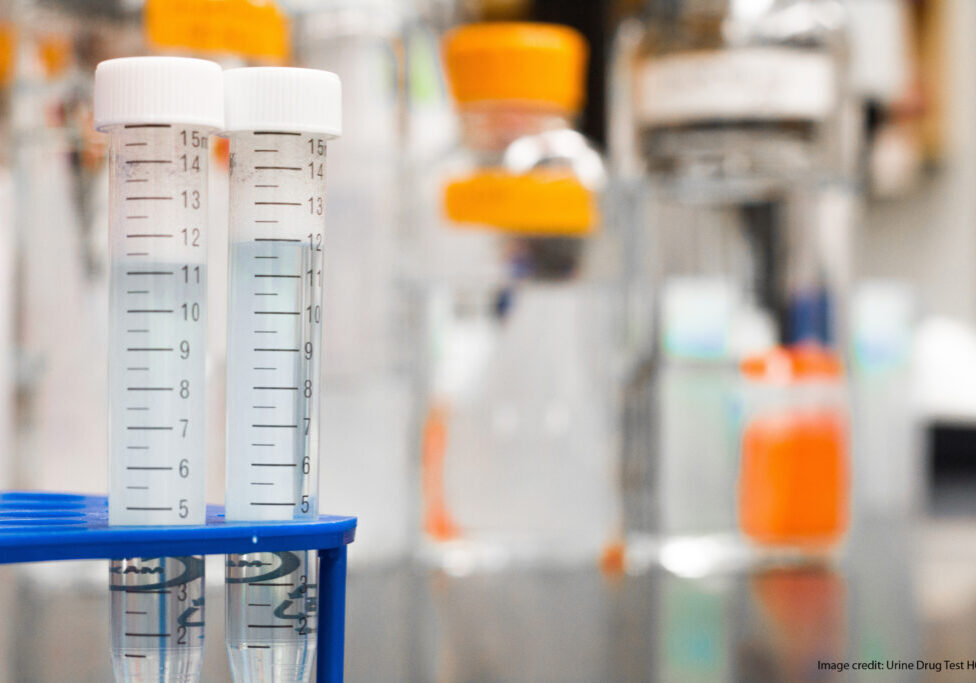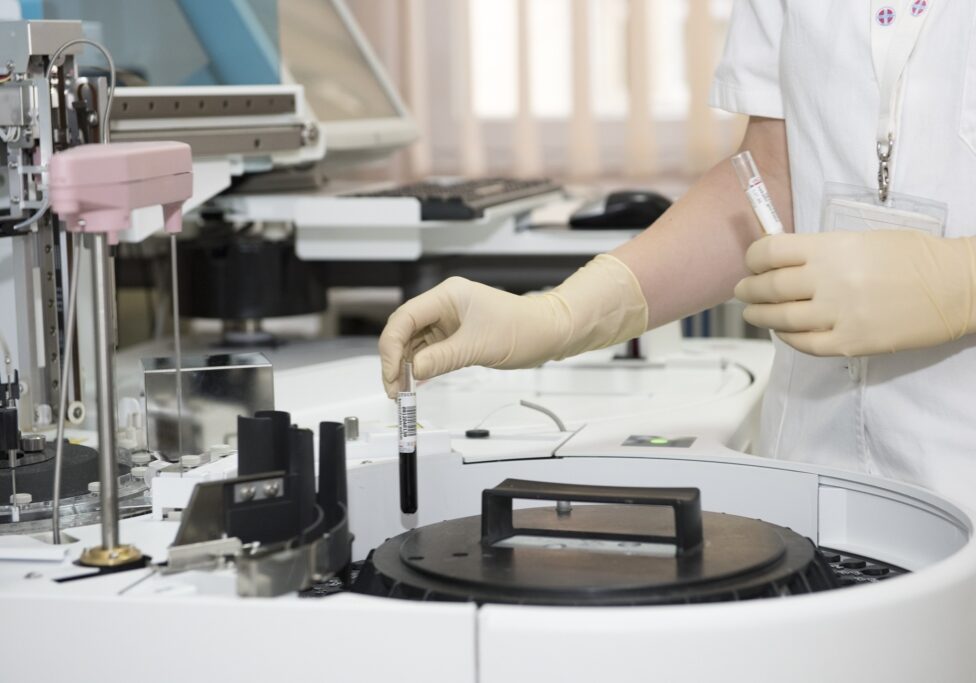Why Study Engineering?
Engineers are fantastic problem solvers that use a combination of maths and physics to understand and investigate the world around them. Engineers need to think logically but also need to be creative in their approach to solving problems. As part of the course you will learn about and solve problems in a huge variety of topics including mechanics, electronics, material science, environmental engineering and gear systems.
Why study Engineering at Worcester Sixth Form College?
We take a creative approach to teaching and learning which includes practical work, development of teamwork and analytical skills. You will be taught by experienced subject specialists in modern well equipped laboratories located in our state of the art Science Centre.
Engineering students have the opportunity to work with local engineering companies on a project as part of the Engineering Education Scheme.
Progression Opportunities
The skills you develop as part of the Engineering course are highly valued by employers and provide the necessary building blocks should you wish to follow a career path into the engineering profession.
Engineering can be studied as a pathway to vocational courses such as engineering apprenticeships, or in combination with A Levels such as Physics or Mathematics to facilitate more traditional academic routes onto Engineering degrees or related courses.
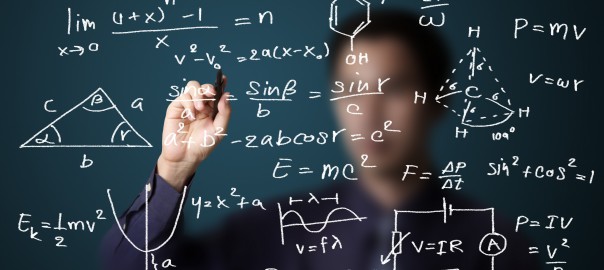
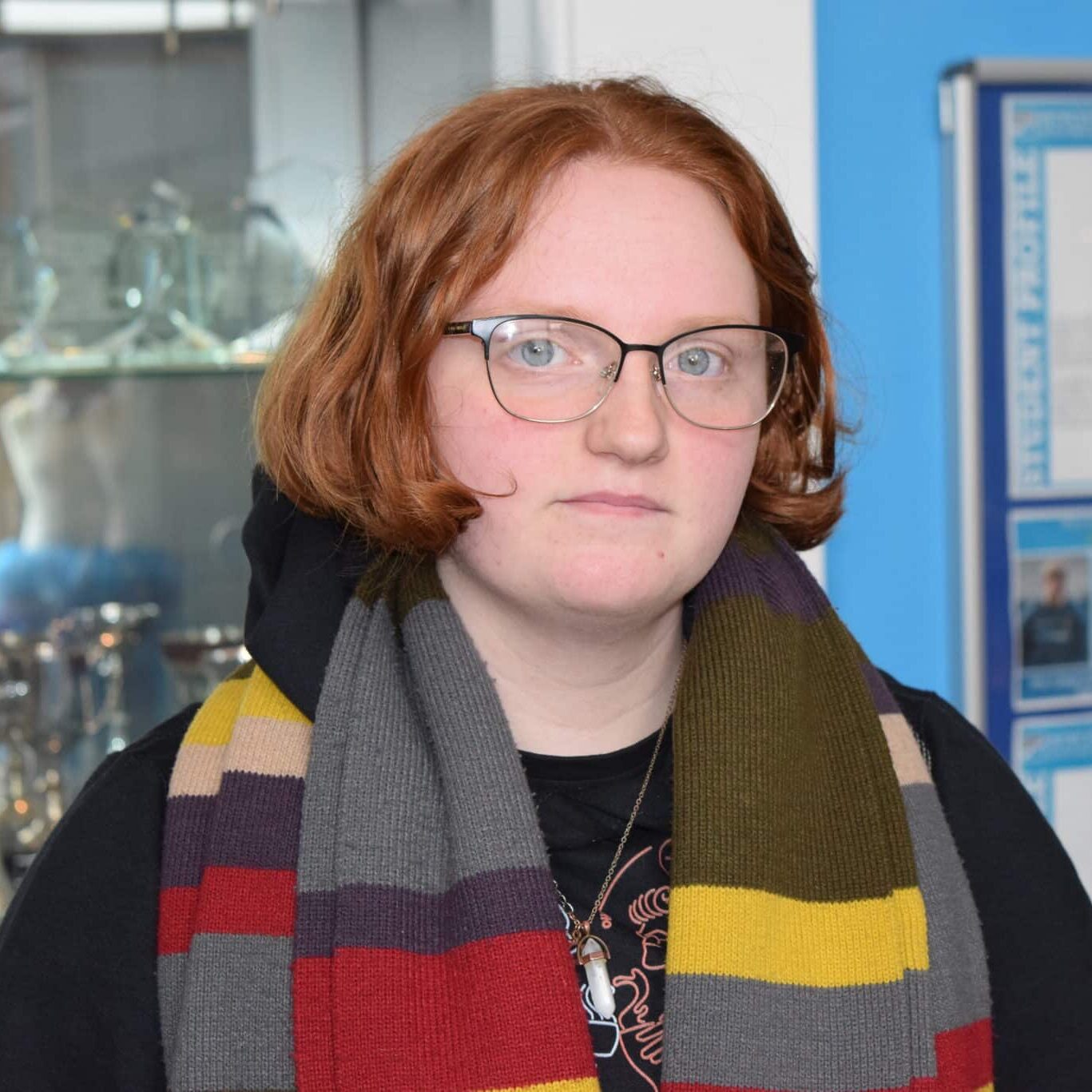
Oliver Cragg-Domanski
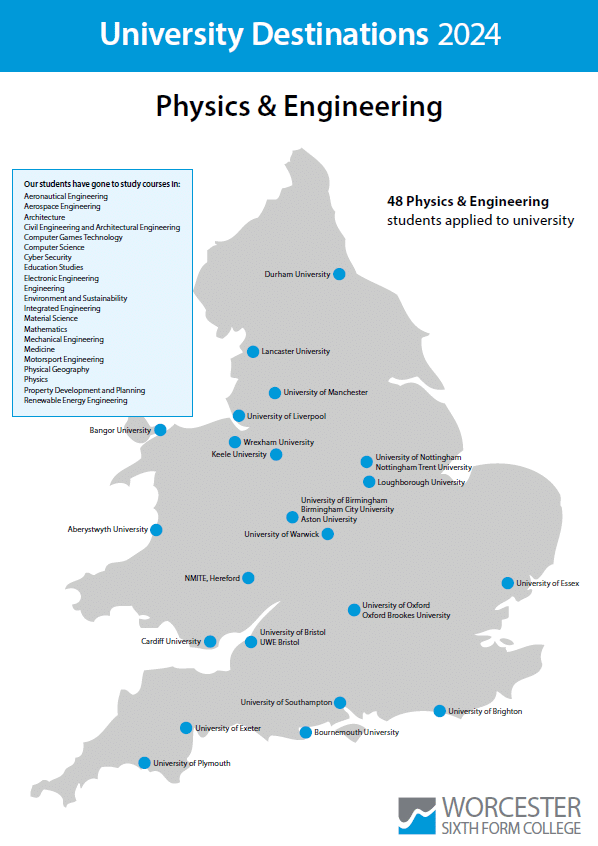
Entry Requirements
| Essential Qualifications | Other Desirable Qualifications / Combinations | Skills & Attributes Required for Success | Guidance on Costs or Commitments |
|---|---|---|---|
| GCSE Maths at grade 5 or above, GCSE Physics or Combined Science at grade 5 or above. | Core Maths must be studied where a student is not enrolled on Maths A Level. | Optional trip in year 1 (approx. £8) |
Qualification Levels & Enrolment Options
| Qualification Name | A Level Equivalence | Duration | Awarding Body |
|---|---|---|---|
| Extended Certificate | 1 A Level (1 Block) | 1 year (to be studied in 2nd year after successful completion of Certificate) | Cambridge Technical |
Related Courses / Activities

Environmental Science A Level
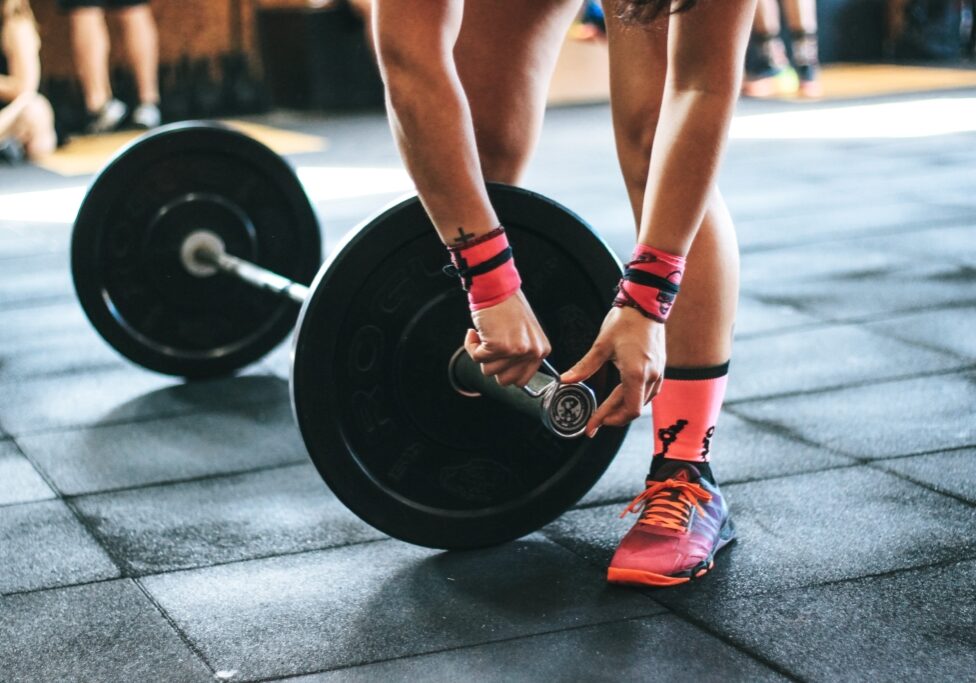
Sport and Exercise Science Level 3 Applied

IT Level 3 AAQ

Food Science and Nutrition Level 3 AAQ

Core Maths

Physics A Level

Geology A Level


